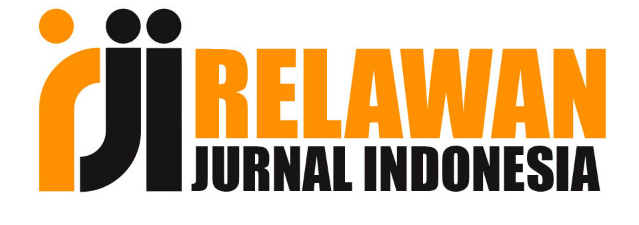Implication of Rational Religious Flows in Islamic Education
Abstract
Keywords
References
Azra, A. (2022). Islamic Education: Tradition and Modernity. Logos Wacana Ilmu.
Fakhry, M. (2009). Islamic Philosophy: A Beginner’s Guide. Oneworld Publications.
Handayani, L. T. (2023). Buku Ajar Implementasi Teknik Analisis Data Kuantitatif (Penelitian Kesehatan). PT. Scifintech Andrew Wijaya.
Harun, N. (1986). Reason and Revelation in Islam. UI Press.
Hasan, A. (2017). Integration of Modern Knowledge and Islamic Values in Education: A Comparative Analysis with Ibnu Miskawaih’s Educational Philosophy. Journal of Education and Social Sciences, 3(1).
Hasan, L. (2022). Islamic Education: Between Ideality and Reality. PT Raja Grafindo Persada.
Hourani, G. F. (n.d.). Ibn Miskawayh in The Islamic Scholarly Tradition: Studies in History, Law, and Thought in Honor of Professor Michael Allan Cook. Brill.
Lodge, R. C. (1997). Philosophy of Education. Philosophy of Education, Hareh & Brothers.
Miskawaih, I. (1962). Tahdhib al-Akhlaq (Cleansing of Morals), Translation by TJL Combe (T. J. L. Combe (trans.)). George Allen & Unwin Ltd.
Nata, A. (2005). Philosophy of Islamic Education. Primary Media Style.
Nuruzzaman, M. (2022). Tarbiyah Islamiyah: Said Nursi’s Thoughts on Islamic Education. IRCiSoD.
Ridla, M. J. (2002). Tiga Aliran Utama Teori Pendidikan Islam (Persfektif Sosiologis-Filosofis), terj. Mahmud Arif dari judul “al-Fikr al-Tarbawi al-Islamiyyu Muqaddimat fi Ushulih al-Ijtima?iyati al-Aqlamiyyat.” Tiara Wacana Yogja.
Sarwono, J. (2018). Metode Penelitian Kuantitatif dan Kualitatif. Suluh Media.
Tafsir, A. (2002). Philosophy of Islamic Education: Study of the Thoughts of Muslim Philosophers. Rosdakarya.
Zamroni. (2007). Philosophy of Islamic Education. UIN Malang Press.
DOI: 10.28944/maharot.v8i1.1469
Refbacks
- There are currently no refbacks.

This work is licensed under a Creative Commons Attribution-NonCommercial 4.0 International License.






